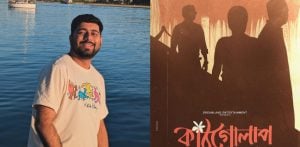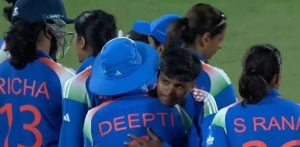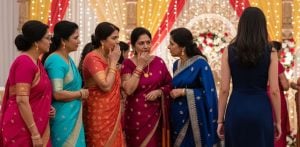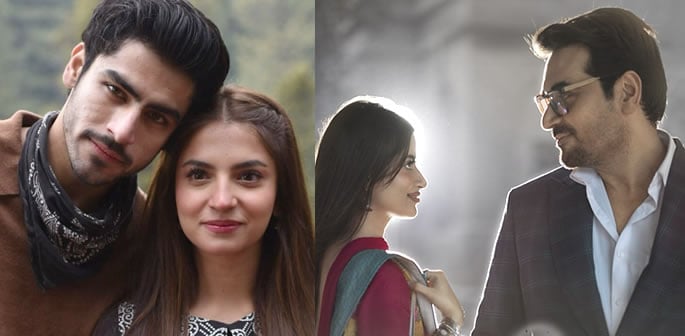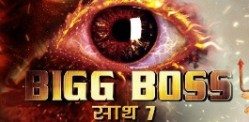“What kind of message are you giving to the younger generation?"
Pakistani dramas have recently been flooded with intense love stories involving school and university students.
These tales of love, brimming with stolen glances across lecture halls and whispered promises between classes, have captivated a significant portion of the audience, turning young actors into overnight sensations.
Shows centred on campus romances consistently top the rating charts and dominate social media conversations.
Yet, this popular trend has ignited a fierce debate among viewers, parents, and critics.
Are these dramas simply reflecting the realities of young love, or are they irresponsibly glamorising relationships that sideline education, family values, and personal growth for a teenage fantasy?
This growing controversy questions the fine line between relatable storytelling and potentially harmful representation.
The Allure of First Love
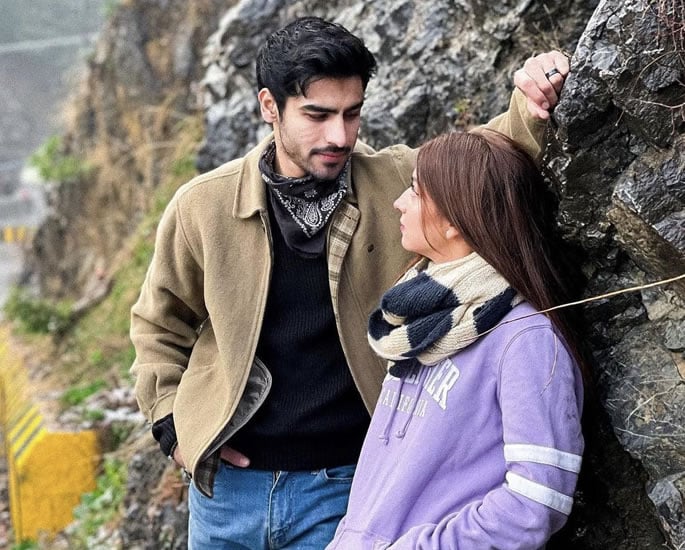
One of the most prominent examples of this trend is the hit drama Muhabbat Gumshuda Meri.
The series, starring Khushhal Khan and Dananeer Mobeen, tells the story of Saim and Zubia, two young neighbours whose childhood friendship blossoms into an intense romance.
The drama was lauded for its heartfelt portrayal of young love, and the palpable on-screen chemistry between the leads had fans fervently ‘shipping’ the couple both on and off-screen.
Muhabbat Gumshuda Meri‘s popularity skyrocketed, particularly among younger viewers who saw their own experiences and aspirations mirrored in the passionate narrative.
However, the storyline took a controversial turn when the teenage sweethearts, facing parental opposition, decided to run away from home to get married.
This depiction of elopement, presented as a grand romantic gesture, sparked significant conversation.
Many fans were swept up in the emotional whirlwind.
On social media, one person wrote:
“So refreshing to see a ‘friends to lovers trope’ done right with a friendship done so pure and innocent.”
Another said: “The love story they portray has my whole heart.”
The immense success of the show underscored the audience’s appetite for such stories, proving that the potent formula of young love and rebellion is a guaranteed ratings winner.
Idealism vs Irresponsibility
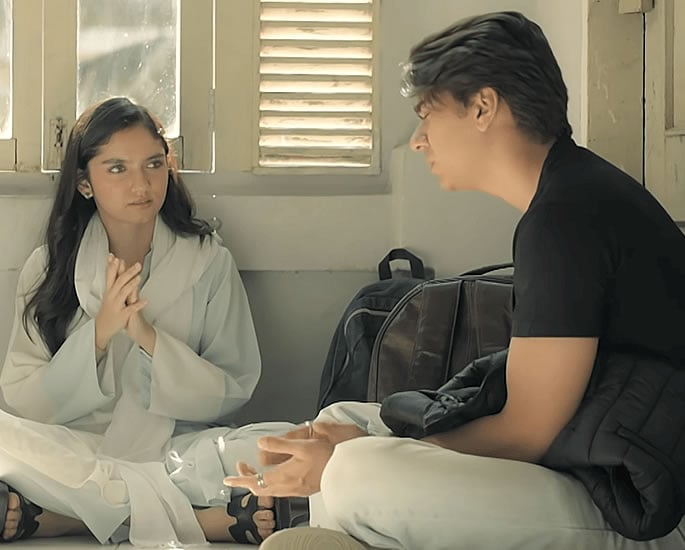
Pushing the boundaries even further is Parwarish.
The series tackles the theme of generational conflict, but its most debated subplot revolves around 17-year-old students Maya (Aina Asif) and Wali (Samar Jafri).
Unlike the fleeting crushes often seen on television, their relationship is portrayed with a level of intensity and conviction that has left audiences divided.
The drama has become a cultural touchstone for the debate on depicting young love.
On one hand, supporters, including the show’s director Meesam Naqvi, argue that it reflects reality, stating that society should stop pretending that 15-16-year-old kids are not having affairs.
However, there have been questions surrounding the actors, specifically Aina Asif, who was 16 at the time of the show’s filming.
Concerns over whether she is playing a role too mature for her age were raised, with one person on Reddit asking:
“Can someone tell me if Aina is playing a role she’s too young for?”
The role came just two years after her debut lead performance in Mayi Ri, which explored topics such as child marriage and teenage pregnancy.
Her casting in Parwarish seemed to continue a pattern of placing very young actresses in emotionally charged, mature storylines, raising ethical questions about the industry’s responsibility towards its young talent.
When Romance Crosses a Line
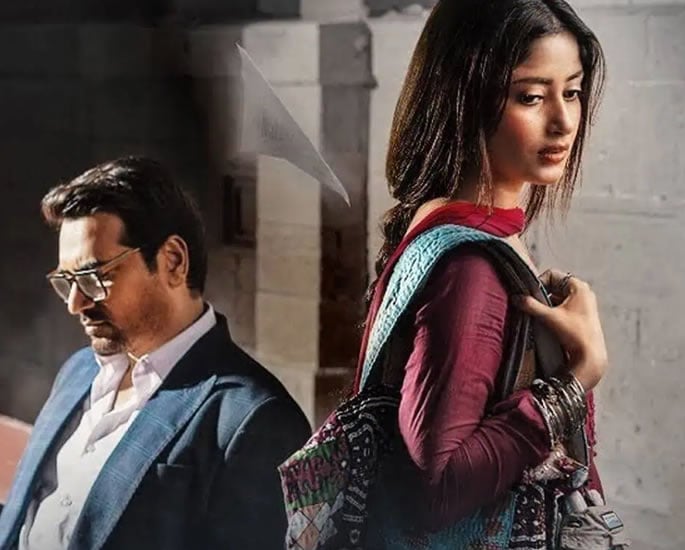
Romances involving students in Pakistani dramas have mostly evaded controversy but that is not the case in Main Manto Nahi Hoon.
Starring Sajal Aly and Humayun Saeed, the show featured a romantic storyline between a university professor and his student.
Viewers condemned the series for romanticising what they saw as an inappropriate and unethical relationship, arguing that it undermined the sanctity of the educational environment.
The social media backlash was swift and severe, with many describing the content as “disgraceful”.
The fallout was not confined to online forums.
In a stunning real-world consequence, several universities in Lahore have banned television drama shoots on their campuses.
Veteran actress Atiqa Odho confirmed the development, explaining that university administrators were alarmed by the negative response:
“I got to know that the schools have decided not to allow drama shoots on their premises anymore.
“The institution shown in Main Manto Nahi Hoon faced public outrage after airing content that many found disgraceful.”
Educational institutions now plan to review full scripts before granting any future filming permissions to safeguard their reputations.
In Jafaa, the portrayal of a teenage relationship was criticised, with viewers arguing that it sends the wrong message by glorifying teenage romance over academic pursuits.
A user commented: “The depiction of romantic relationships between young students could set a problematic precedent.
“If this trend continues, Pakistani dramas might soon focus on love stories involving even younger children.”
One asked: “What kind of message are you giving to the younger generation? To stop studying and focus on relationships?”
Entertainment or Endangerment?
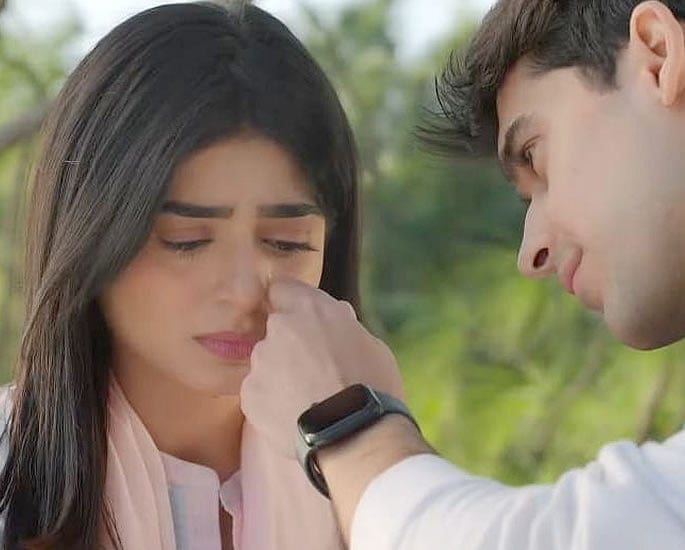
The debate over these storylines reveals a deep divide in the Pakistani drama audience.
For a large segment, these shows are a form of escapism and relatable entertainment.
The chemistry-filled romances provide a compelling viewing experience that generates huge social media engagement.
Fans passionately defend the dramas, arguing that they depict emotions and situations that are a genuine part of life.
On the other hand, critics are not concerned with the depiction of love itself, but with its prioritisation above all else.
A recurring criticism is that these dramas often show young characters putting their ambitions to one side and prioritising their romance.
Instead of inspiring young viewers to focus on their studies and build a future, the narratives often suggest that finding a partner is the ultimate goal of their formative years.
This segment of the audience believes that broadcasters and writers have a responsibility to present more balanced portrayals, where young characters navigate their feelings while also pursuing education, careers, and personal growth.
As Atiqa Odho noted, because such young love stories are a relatively new phenomenon on Pakistani screens, the backlash is inevitable as society grapples with the messages they convey.
The trend of centring Pakistani dramas on student romances is a reflection of a cultural shift and a litmus test for the country’s entertainment industry.
Shows like Parwarish have proven to be commercial goldmines, resonating deeply with a younger demographic.
However, the intense controversy they stir, culminating in the drastic real-world measures seen after the Main Manto Nahi Hoon backlash, cannot be ignored.
While these stories provide captivating drama, they also walk a tightrope between reflecting reality and shaping it.
The ongoing debate is a necessary one, pushing creators to consider the powerful influence they wield and urging them to find a more responsible balance between crafting compelling love stories and promoting inspirational values for their young, impressionable audience.














